On 1 March 2020, an amendment to the Code of Commercial Companies will come into force, introducing a new form of capital company – the simple joint-stock company (prosta spółka akcyjna – PSA). It is the intent of the legislature for the PSA to be a private limited company used primarily to address the needs of innovative projects delivered by start-ups.
Combining the advantages of all company forms
PSA combines elements of joint-stock companies and limited liability companies, such as the absence of shareholders’ liability for the company’s debts, with elements typical of partnerships, namely the extensive freedom to determine the company’s internal relations and the ability to contribute work and services to the business. This combination is expected to render the PSA highly attractive for the business community and incentivize the establishment of such companies.
Low entry threshold and a safe exit from the company
The PSA departs from the traditional concept of initial capital. Instead, a share capital of only PLN 1 is required. The amount of the company’s share capital will not need to be specified in the articles of association, and its increase or decrease will not require the amendment of the articles. Capital contributions can be made within 3 years of the company’s incorporation.
As a general rule, the shareholders will be entitled to withdraw their contributions without a convocation procedure (calling on the company’s creditors to file claims). However, such a withdrawal will not be possible if it would result in the risk of the company losing, under normal circumstances, its capacity to pay its financial liabilities within six months of the withdrawal date. Withdrawals will also be limited by a statutory mechanism whereby 8% of the annual profits will be transferred to the share capital in order to cover future losses, until the share capital reaches a value of at least 5% of the sum of the company’s liabilities recognised in the financial statements for the previous financial year.
Disposability of the company’s financial assets
Shares in a PSA will be dematerialised. They will be easily tradeable, since selling or encumbering them will only be required to be in the documentary form, under pain of nullity. The documentary form makes it possible for associated declarations of intent to be made through the use of any information-carrying media and means of communication, e.g. via the Internet. Similarly, the sole condition for the subscription of newly issued shares is that it be documented, provided that the company’s articles allow for such an issue based of its current provisions, without the need to amend them.
In order to ensure certainty in trading, the issue and trade of shares will, however, be subject to registration in share registers maintained by notaries public or entities authorised to keep securities accounts (at the company’s choice). The register can also be kept in the electronic form. The disposal of PSA shares will only take effect after their registration. The pending amendment to the Code of Commercial Companies does not provide for PSA shares to be traded on organised markets (in particular, on NewConnect). In order to do so, a PSA will be required to transform into a joint-stock company.
An organisational structure supporting effective operations
The PSA departs from the typical corporate bodies provided for in Polish law for capital companies. The founders and shareholders of a PSA can opt for the traditional variant, with the company having separate management and supervisory boards (the latter being optional for a PSA), or they can chose to appoint a single board of directors, which will exercise both management and supervisory powers.
Simplified liquidation of a PSA
Notice of a PSA’s liquidation will only need to be given once, with its creditors being given a three-month period in which to submit their claims. Considering that the liquidated business may still be useful to particular shareholders, the legislator has made it possible for a designated shareholder to take over the company’s assets and liabilities, without undertaking the company’s total liquidation, if permitted by the courts.
Should you have any questions concerning these issues, please contact our company law and corporate governance lawyers:

Anna Wojciechowska
attorney-a-law, partner
anna.wojciechowska@wkb.pl

Karina Chrostowska-Kozioł
advocate
karina.chrostowska@wkb.pl

Krzysztof Wawrzyniak
advocate
krzysztof.wawrzyniak@wkb.pl

Igor Socha
lawyer
igor.socha@wkb.pl
WKB Legal Alert 08/2018 | Simple joint-stock company – to download.



